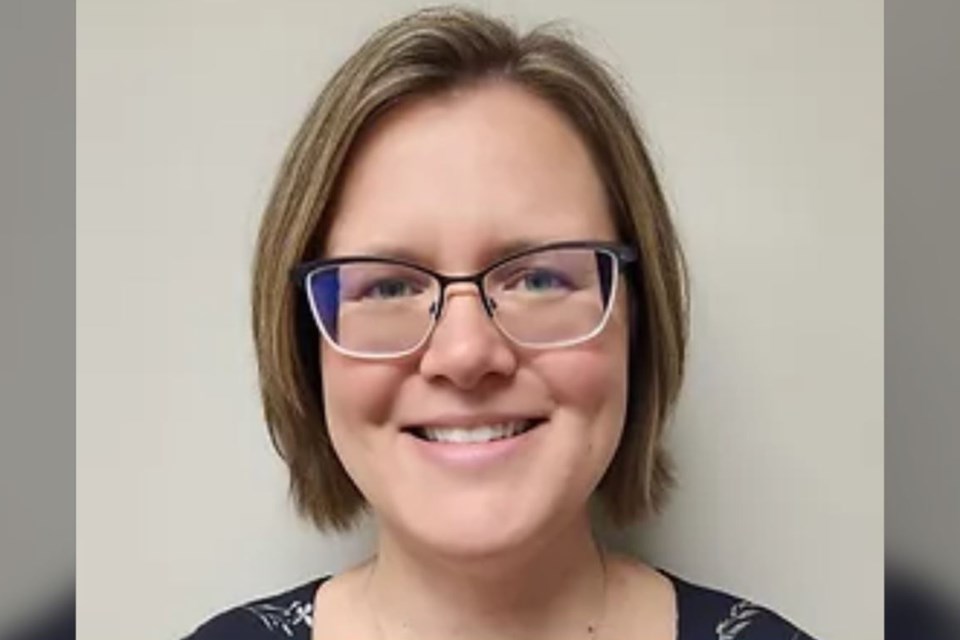Northern Ontario's health care crisis was the focus of an online news conference by the Ontario Medical Association (OMA) on Tuesday.
The OMA said while the shortage of physicians is indeed a serious concern across all of Ontario, things are even worse in Northern Ontario.
Residents of rural and Northern Ontario are having worse health outcomes, shorter life expectancy and poorer access to health care compared to the rest of the province, said OMA president Dr. Dominik Nowak in his opening remarks.
The urgency of the situation was described in several ways, one of them being the critical lack of obstetric care for pregnant women in the North.
Dr. Jessica Kwapis, the chief of staff and general surgeon at Sensenbrenner Hospital in Kapuskasing, described how the situation has become worse over the years.
"Twenty years ago, there were 20 out of 35 rural hospitals in Northern Ontario that were providing obstetric services. We are now down to nine. Others are going to close if this doesn't change," she told the news conference.

She said obstetrics is not the only medical specialty that is lacking. She said all general rural medical specialties are needed.
"We need specific funding and investment to solve this problem in Northern Ontario. We need specific leadership from people who understand the North and its challenges; to come together and to create a specific plan for health-human resources, as well as models of care that will solve this issue. And I would just emphasize again, it needs to be specific to the North," said Kwapis.
Also taking part in the news event was Dr. Sarah Giles, a rural generalist from Kenora, an ER physician and assistant professor of family medicine at NOSM University. She said the hospital and health system as we know it is falling apart.
"So when we say we are short of rural generalists, family physicians in Northern Ontario, what we mean is that health care as a whole is in jeopardy. Hospital care is in jeopardy," said Giles.
"It's not just primary care that's the problem. It's the whole model. So if you can't go to the hospital to deliver your babies, if you can't go to the ER because it's closed, the same people who staff that are staffing primary care, which means the whole system is falling apart."

She added that Ontario needs to understand that the problems of providing health care in rural and remote Ontario are more than merely a government performance issue. She said the situation is not just, and it's not fair to Northern Ontario.
She said this should matter to people living in urban parts of Ontario because Canadians live by a sense of justice, equity and fairness.
System is on fire
“But it also matters because if there are problems in urban Canada in health care, then rural Canada is on fire," said Giles.
"And if we can't deal with patients close to home, that means we're sending them to urban centres, and the more beds we take up there, the fewer beds are available for people who live in urban centers. Furthermore, the cost to the system for moving patients is huge.”
As the news conference was wrapping up, Nowak said the province is not offering any valid solutions or assistance to the medical community right now. Nowak some municipalities have taken the lead by offering financial incentives to individual physicians, but that plan does not work for all municipalities, because many smaller communities don’t have the financial resources.

Nowak said provincial leadership is needed to avoid competition from town to town and pitting community against community, comparing the system in place to the 2012 dystopian film, “The Hunger Games”.
"In this leadership vacuum that we have right now from the province, and in a plan for Northern Ontario, a plan for the workforce in health care, we're seeing this Hunger Games come up,” said Nowak.
“It is a Hunger Games where communities are competing for doctors against one another."
"What we really need is a plan that's thoughtful, that's thorough, that builds capacity, not just for this week or next month or next year, but for years to come."
Len Gillis covers health care and mining for Sudbury.com.
